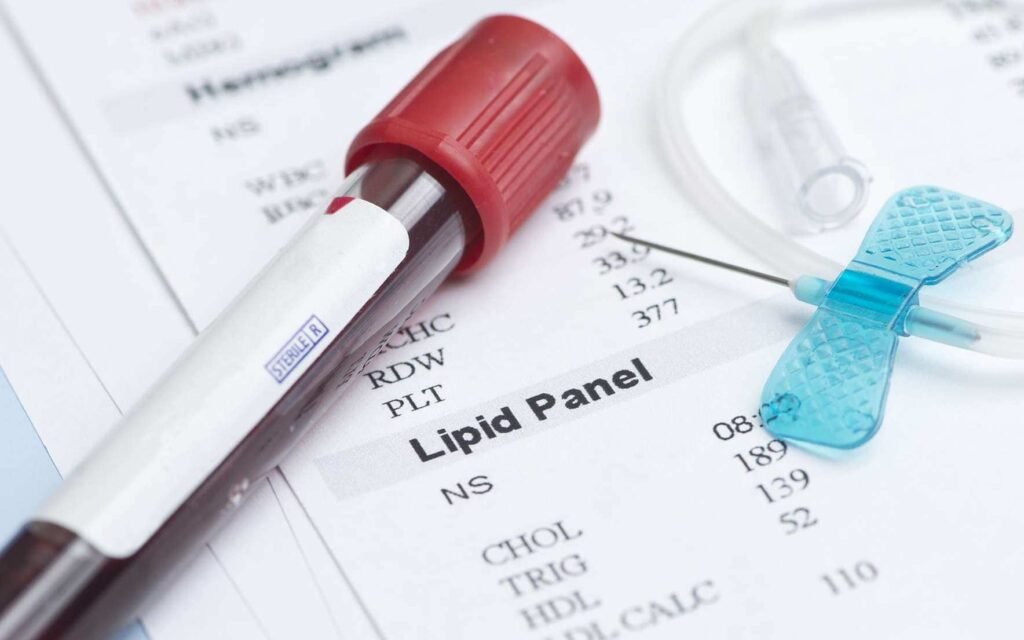turmeric Anti-Aging effects
Top #7 Turmeric: Anti-Aging effects If curcumin can really help prevent heart disease, cancer and Alzheimer’s, it would
An excess of LDL also know as “Bad cholesterol” In large quantities favors the creation of deposits in the blood vessels. These deposits gradually cause a loss of elasticity in the arteries and reduce their diameter, which increases considerably the risk of suffering from a heart attack, stroke or arteritis.

An excess ofcholesterol is not a disease in itself but a risk factor for other diseases of the heart and blood vessels. In fact, it is an excess of LDL cholesterol, also called bad cholesterol, which favors the formation of deposits and build up a wall ( called plaque ) in your vessels. These deposits gradually cause a loss of elasticity and reduce their diameter, which increases the risk of suffering from a heart attack, stroke or arteritis. 93 million U.S. adults age 20 or older have total cholesterol levels higher than 200 mg/dL, when a normal level should be less than 100 mg/dL
An excess of LDL cholesterol does not cause symptoms, but its deposit in the arteries can cause disease. For example, angina pectoris, a contraction of the arteries of the heart, even a myocardial infarction. If the arteries of the brain are affected, paralysis, dizziness or speech disorders are possible, even a stroke. Finally, if the arteries in the legs are narrowed, arteritis causes intermittent calf cramps when walking. Erectile dysfunction is also observed. A simple blood test can check cholesterol levels.
Triglycerides make up most of the fat we eat and circulate in our blood. They are an essential source of energy for our body. It seems that a high level of triglycerides in the blood favors the development of cardiovascular disease, but opinions differ on this matter. The level of triglycerides in the blood is usually less than 1.5 g / l. An abnormally high level is often linked to a hight consumption of alcohol, unbalanced diabetes, overweight, a liver overloaded with fat, or due to certain medications.
In addition to any medicines prescribed by your doctor. In any case please take advice from medical professionals.
A healthy lifestyle is still the best defense against high cholesterol. This is one way to prevent yourself against other risk factors that can increase your risk of developing heart or blood vessel disease. The following suggestions may guide your first steps towards starting treatment for high cholesterol:
Top #7 Turmeric: Anti-Aging effects If curcumin can really help prevent heart disease, cancer and Alzheimer’s, it would
Top #6 Arthritis Patients Respond Very Well to Turmeric Supplements Share on facebook Share on twitter Share on
Top #5 Improved Antioxidant Capacity Share on facebook Share on twitter Share on pinterest Share on email Antioxidants
Top #4 Turmeric could Be Useful in Preventing and Treating Alzheimer’s Disease Share on facebook Share on twitter
Top #3 Turmeric Can Help Prevent (And Perhaps Even Treat) Cancer Share on facebook Share on twitter Share
Top #2 Turmeric Lowers Your Risk of Heart Disease Share on facebook Share on twitter Share on pinterest
Statements on this website have not been evaluated by the Food and Drug Administration. Products are not intended to diagnose, treat, cure or prevent any disease. If you are pregnant, nursing, taking medication, or have a medical condition, consult your physician before using our products.
Disclaimer: this site is not a part of the Facebook™ website or Facebook Inc. Additionally, this site is NOT endorsed by Facebook™ in any way. FACEBOOK is a trademark of FACEBOOK, Inc.

Your Privacy Is Important To Us
This website uses cookies so that we can provide you with the best user experience possible. Cookie information is stored in your browser and performs functions such as recognising you when you return to our website and helping our team to understand which sections of the website you find most interesting and useful.
Strictly Necessary Cookie should be enabled at all times so that we can save your preferences for cookie settings.
If you disable this cookie, we will not be able to save your preferences. This means that every time you visit this website you will need to enable or disable cookies again.
More information about our Cookie Policy